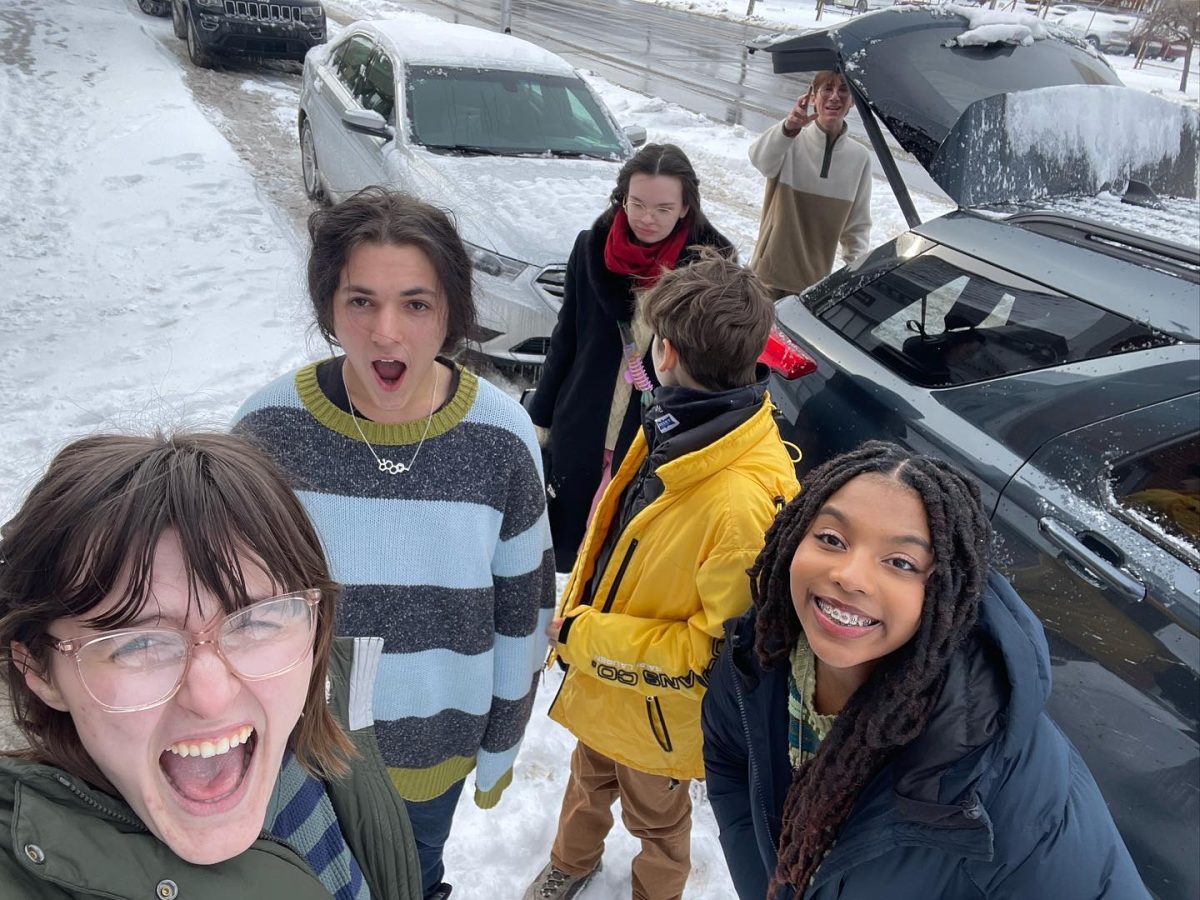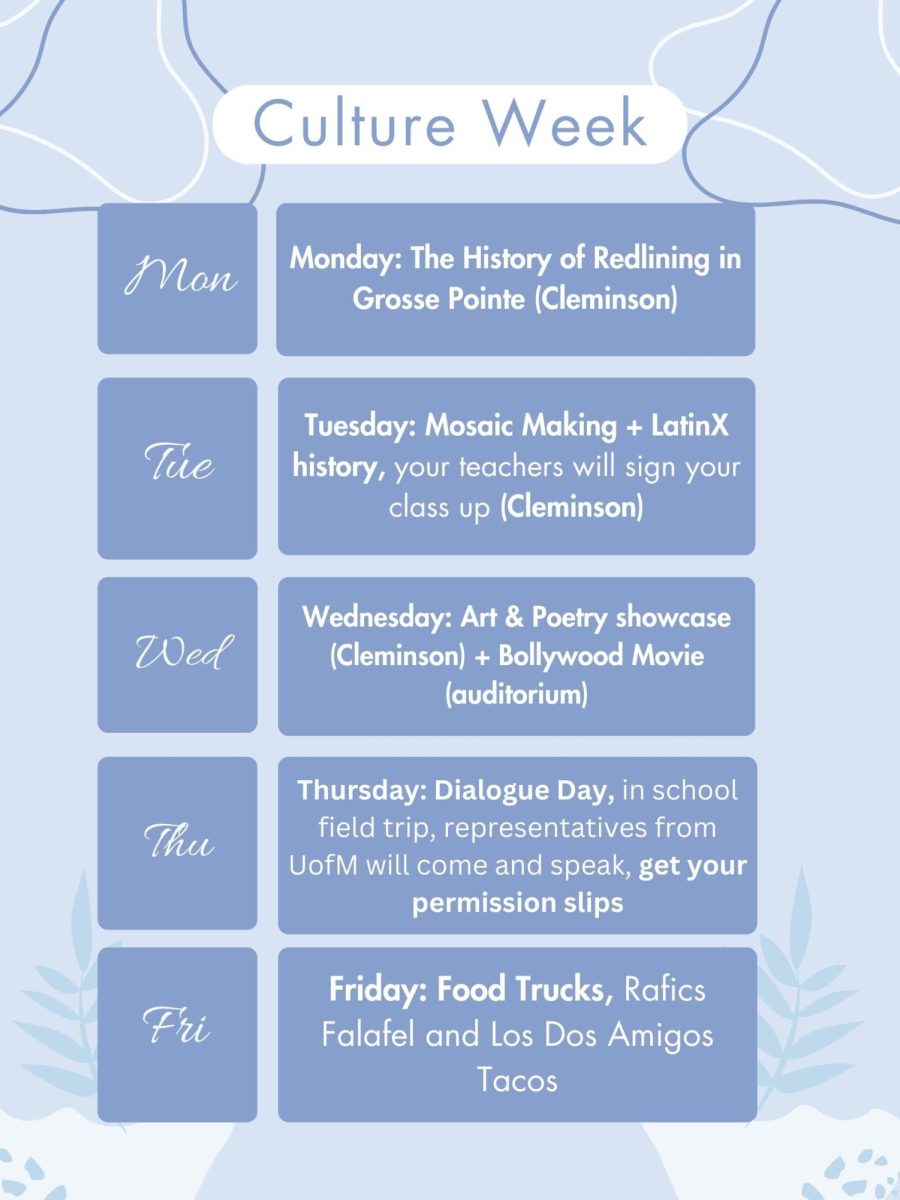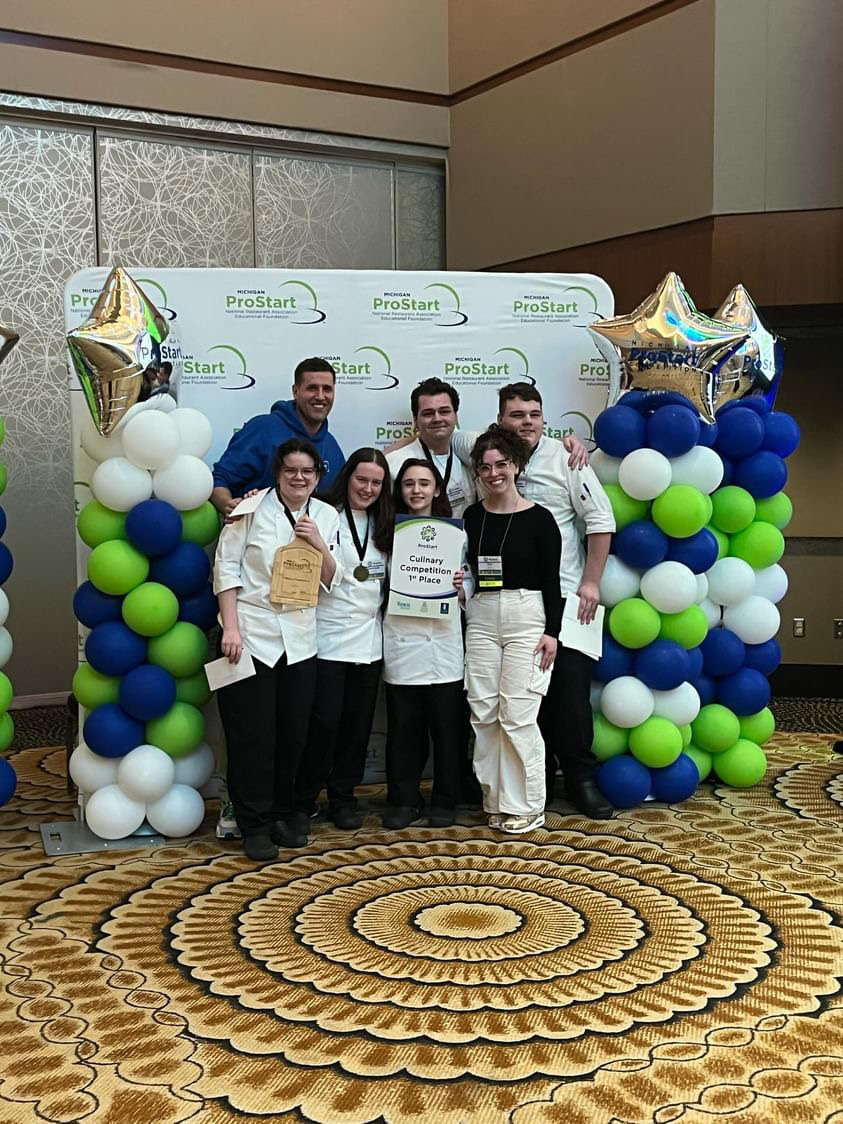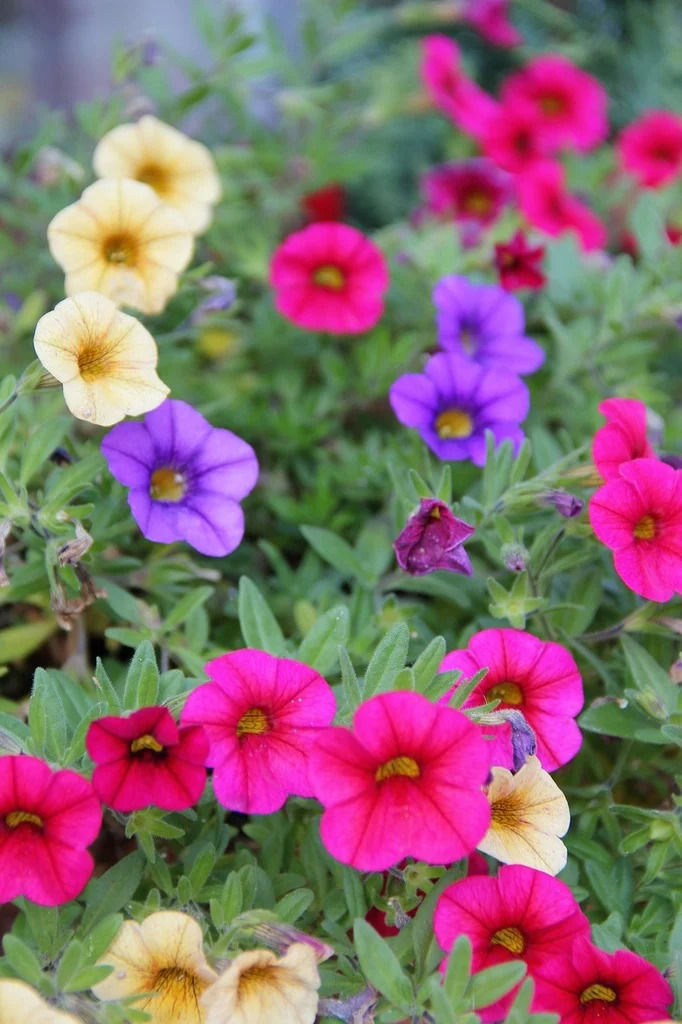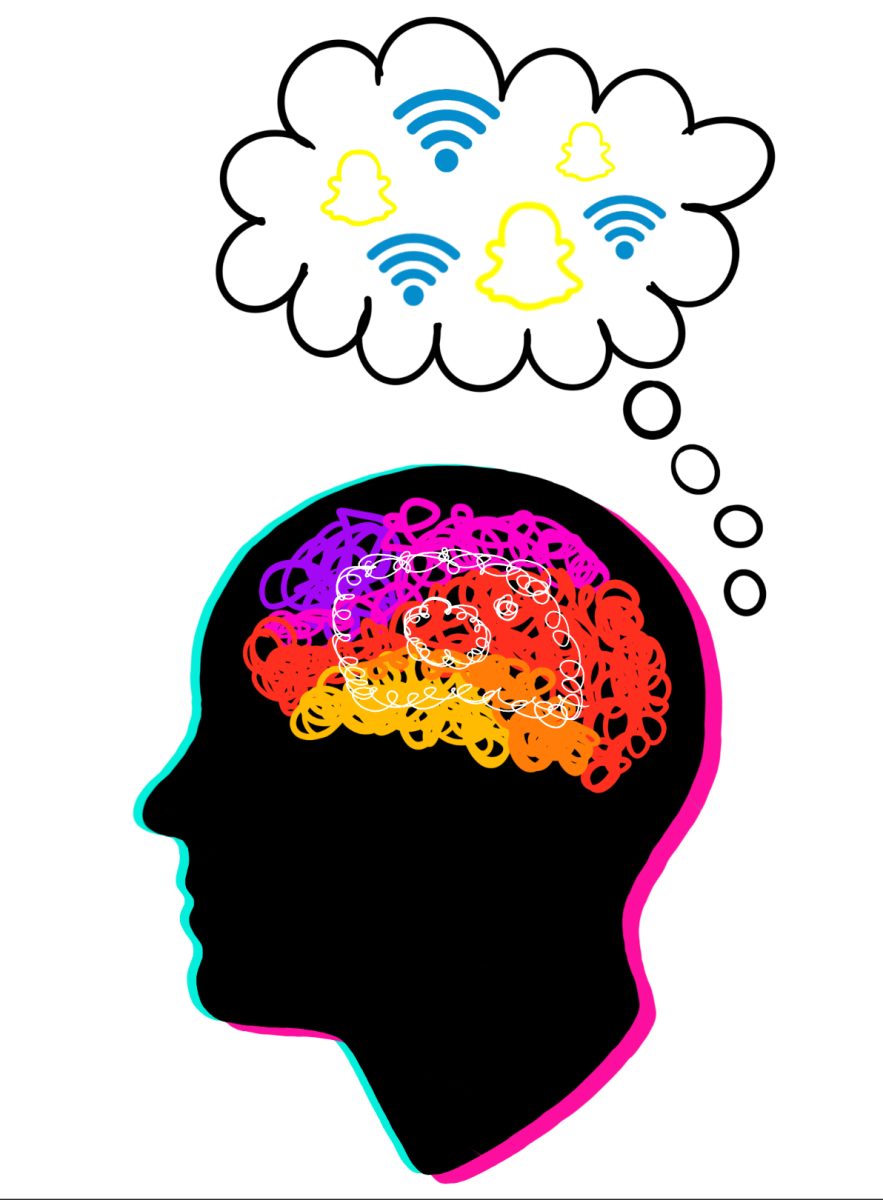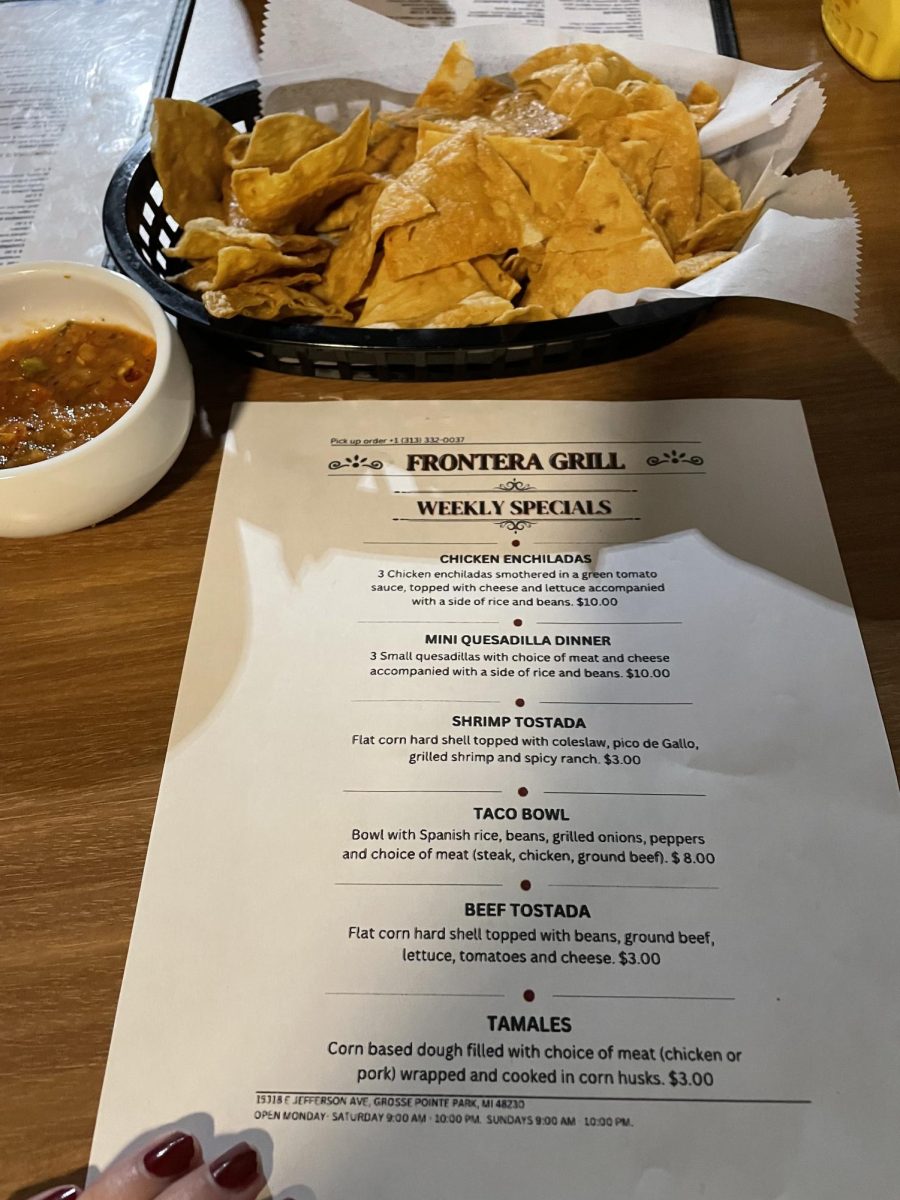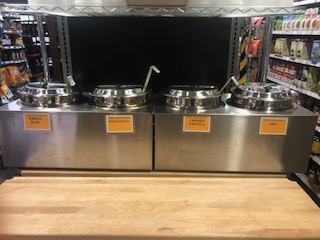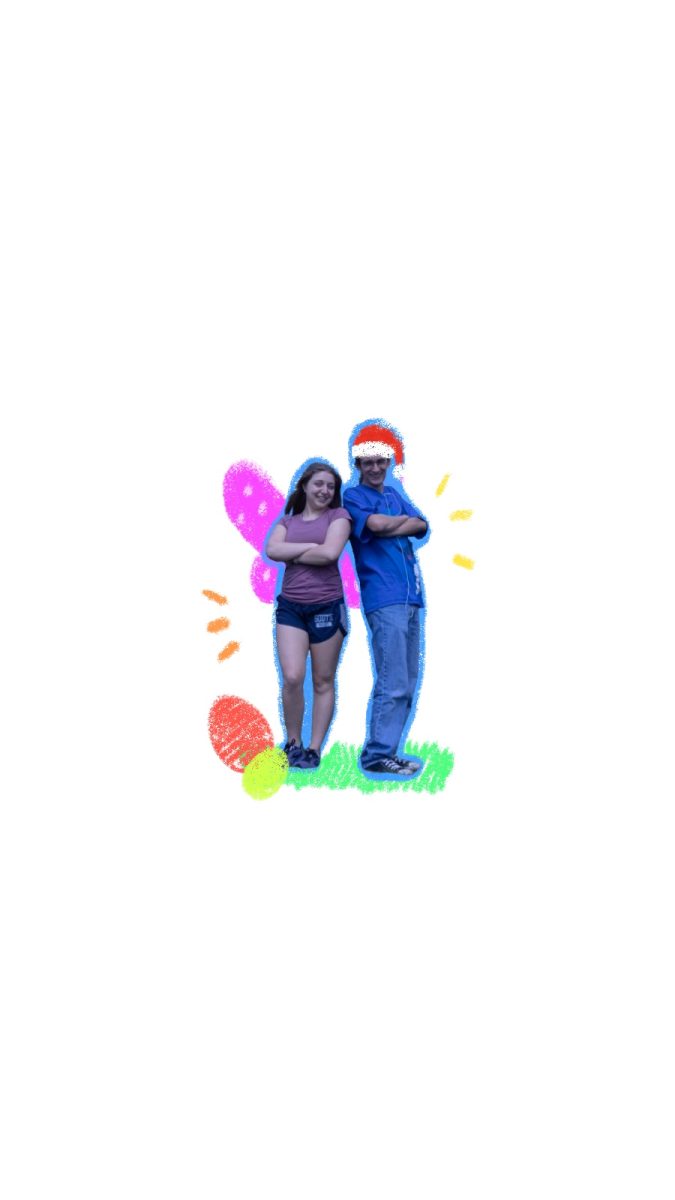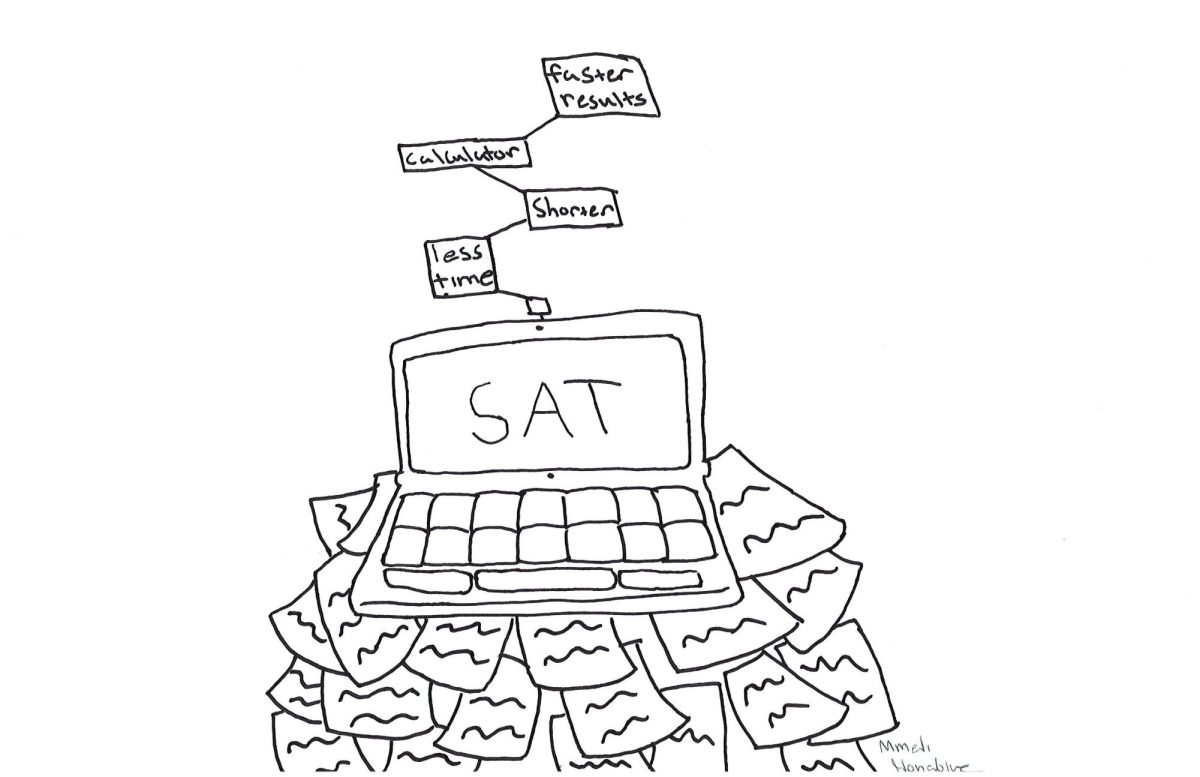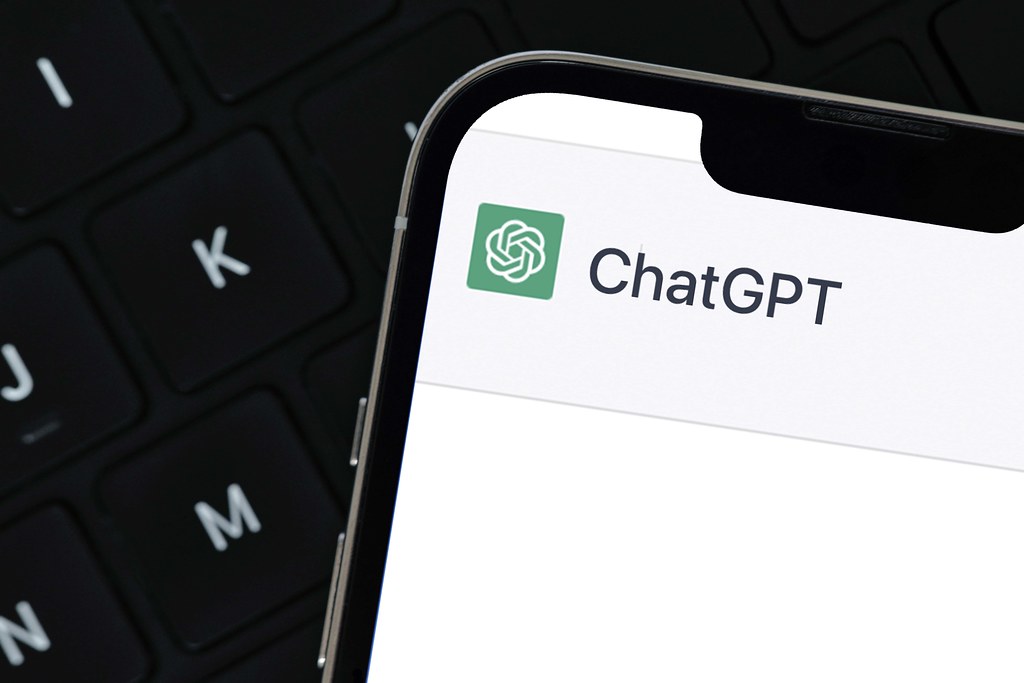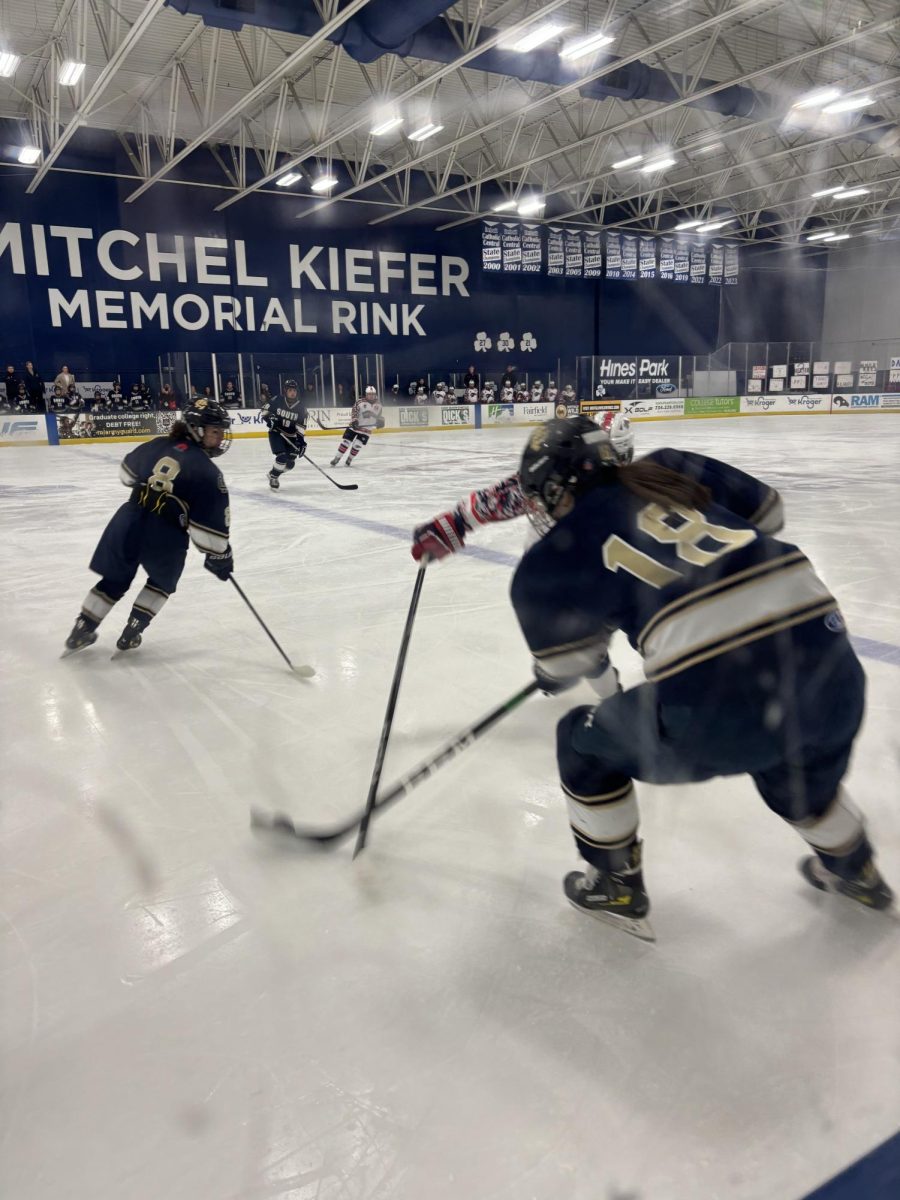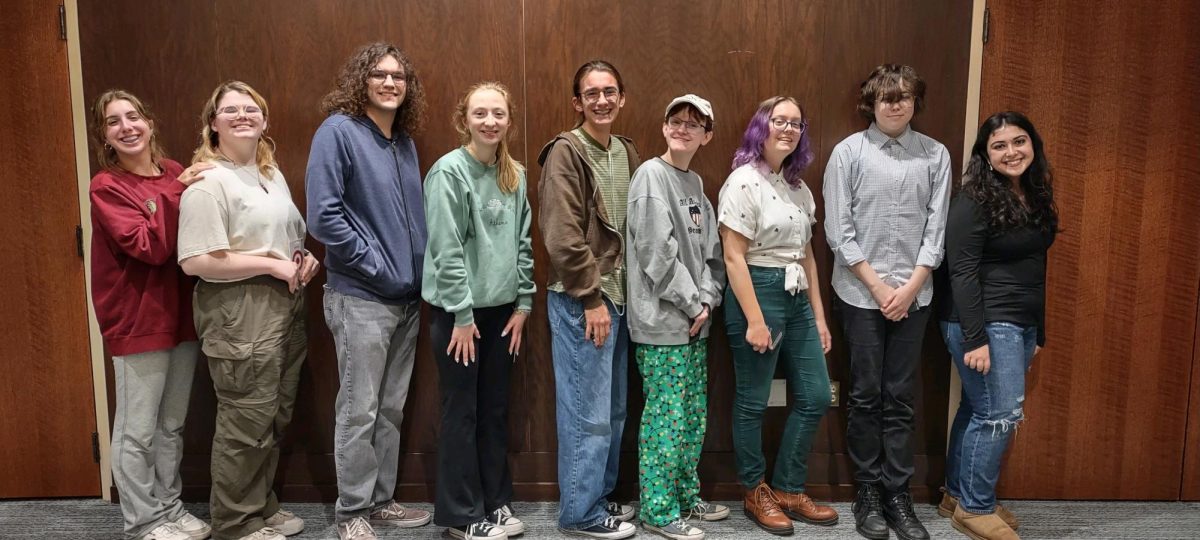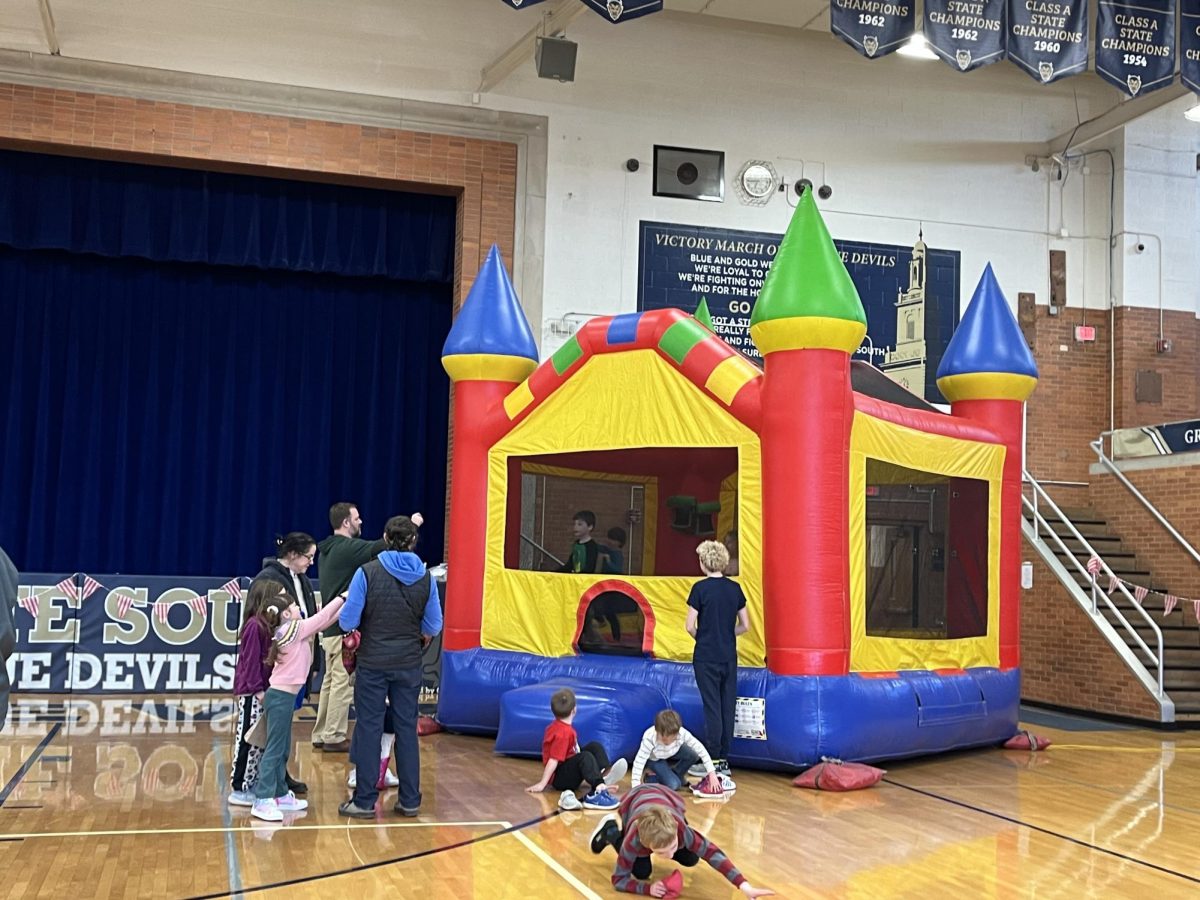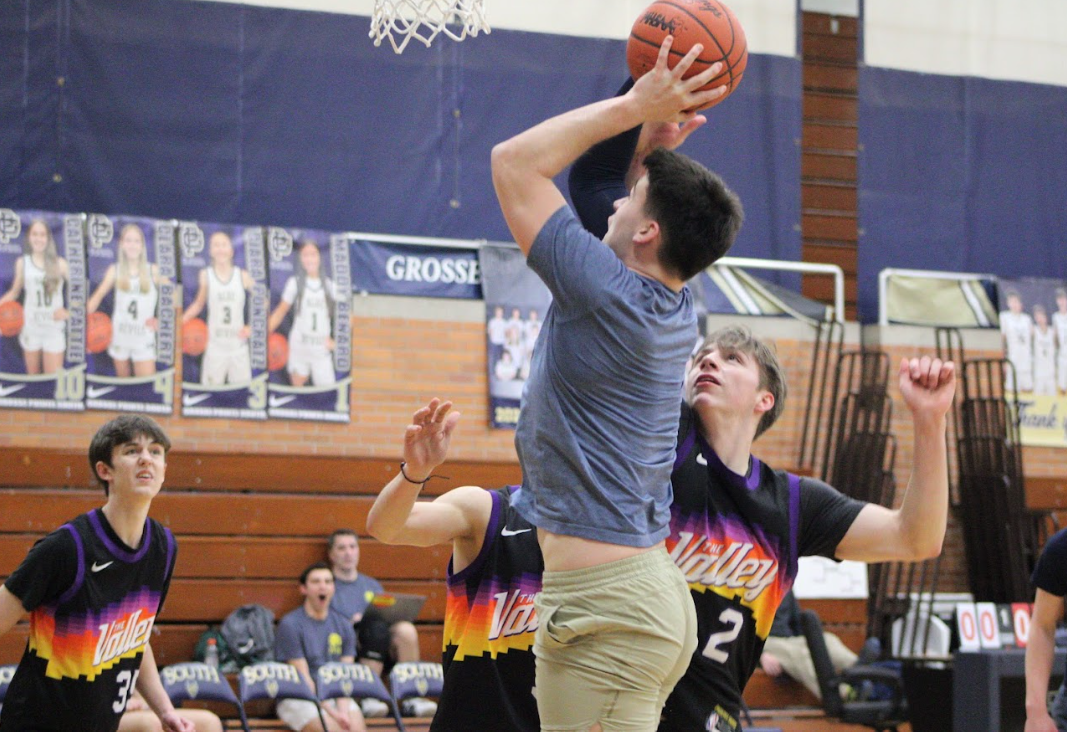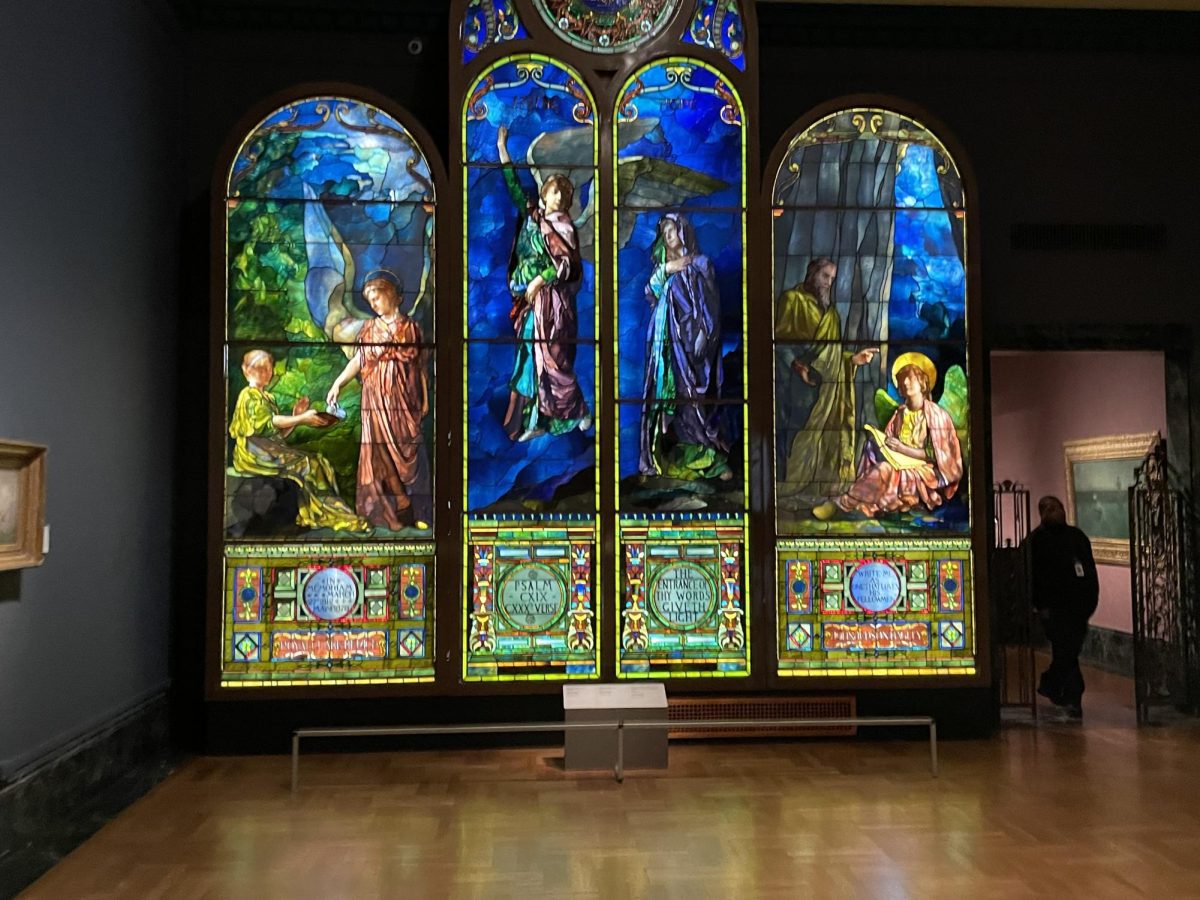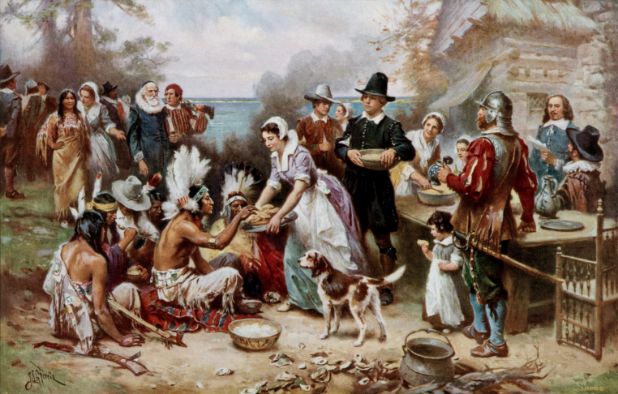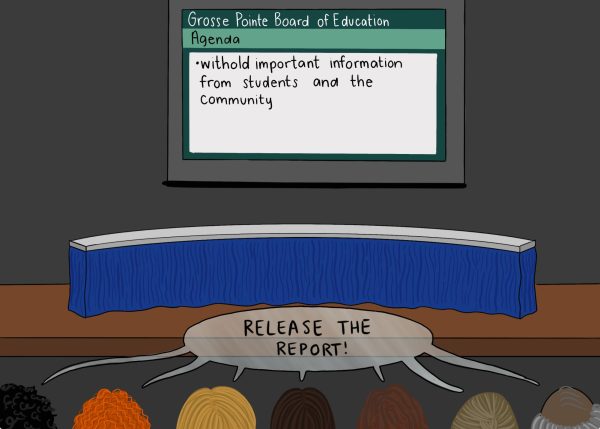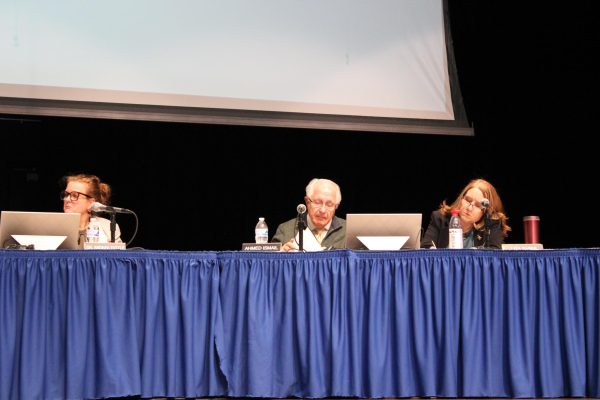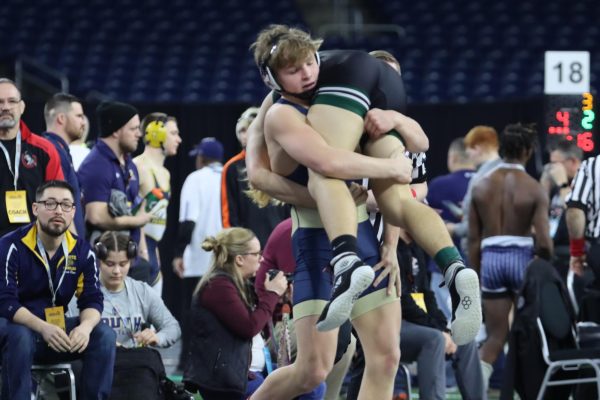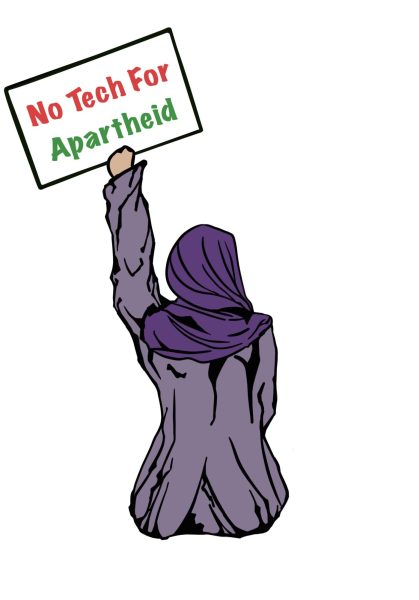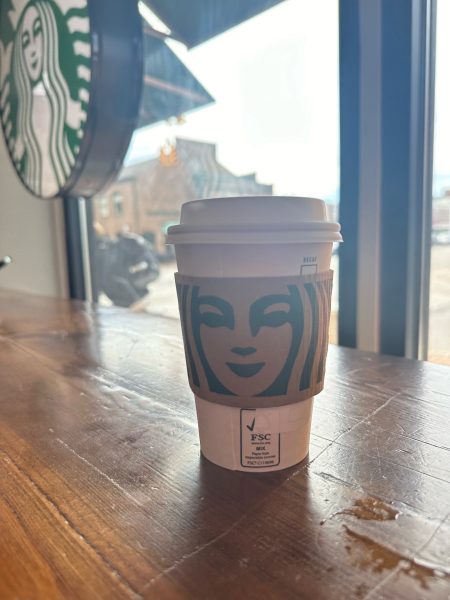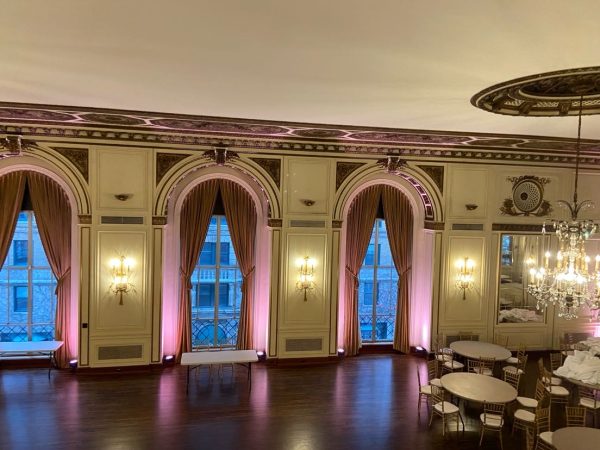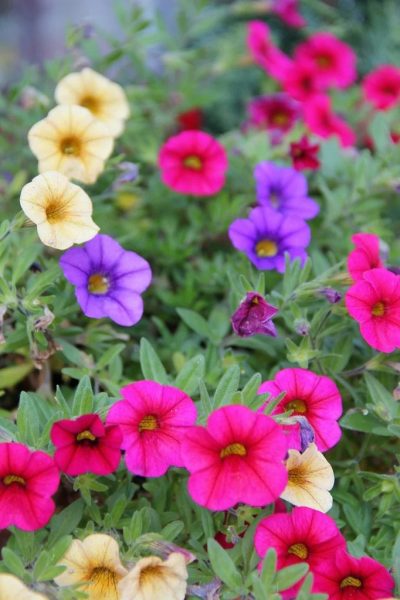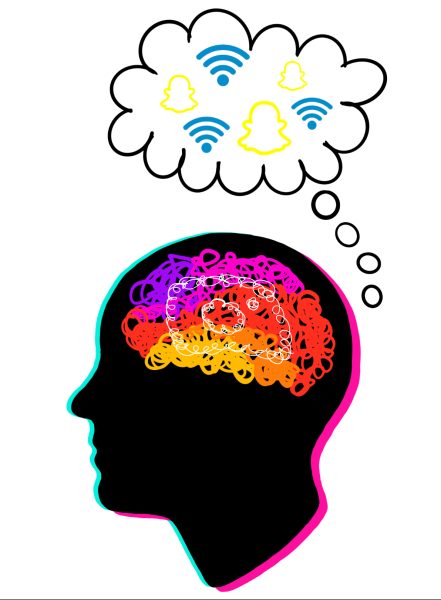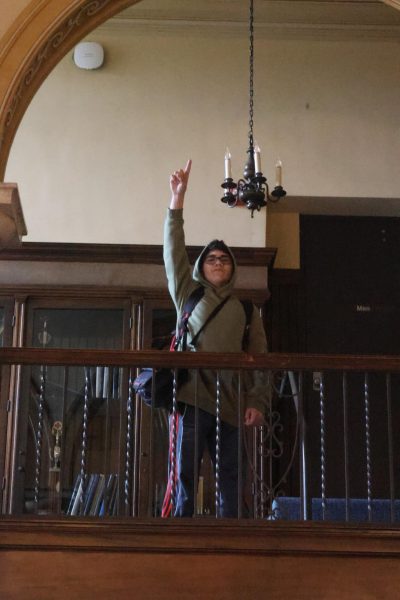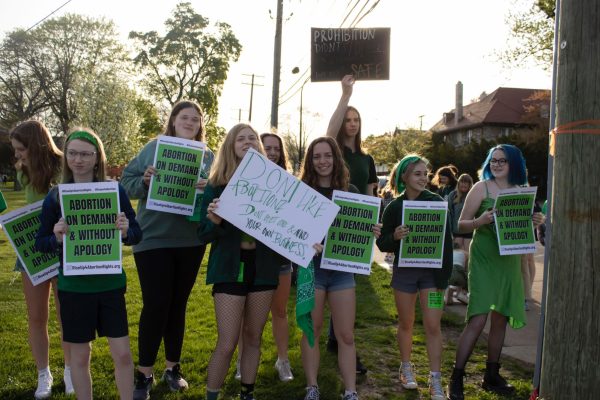We should explore different perspectives on Thanksgiving
November 20, 2017
Yes, it’s true that for a few days in 1692 the Pilgrims and Wampanoag Indians came together in Plymouth, MA to eat a big feast. But one of the harshest realities of American history is that this was only one day out of many decades when settlers and natives were able to interact peacefully.
For me, as it is for many, Thanksgiving is simply a time to gather with family and count your blessings. Any tradition that brings families together is important. I’m not trying to say there shouldn’t be a day for that, but that day shouldn’t be based on something that isn’t true.
The first Thanksgiving is just a story to tell kids until they’re old enough to learn about racism. Learning about the millions of native people enslaved and the genocide committed against them really ruins Thanksgiving, as it should.
For many, this single event becomes a perfect example of America’s relationship with Native Americans. I can admit that I accepted this story without question all the way through middle school. The fact that what I was taught until that point was a misrepresentation, if not blatant erasure, made it difficult to unlearn.
During my elementary school years, the only exposure to the “other side” of Thanksgiving was a glimpse of something my parents watched on TV with skeptical stares. On that screen I saw footage of protesters participating in what I now know to be the National Day of Mourning, a protest that happens annually in Plymouth Mass. which is often attended by other minorities.
Protests like this take place every year. In San Francisco, “Unthanksgiving” or The Indigenous Peoples Sunrise Ceremony takes place on Alcatraz Island the same date as the National Day of Mourning, on Thanksgiving Day every year. Both aim to raise awareness of the misportrayal of United States history.
Many cities have taken steps to recognize this issue. Just this year, Detroit formally recognized Indigenous Peoples Day on October 8, in place of Columbus Day, for the same reasons many object to Thanksgiving.
This year, as you gather with friends and family, I encourage you to keep the struggles of indigenous people in mind. Learn about these protests and why they happen. It’s important to recognize that while you gather for the holidays to celebrate the good in your life and all that you are thankful for, others are not as blessed.


